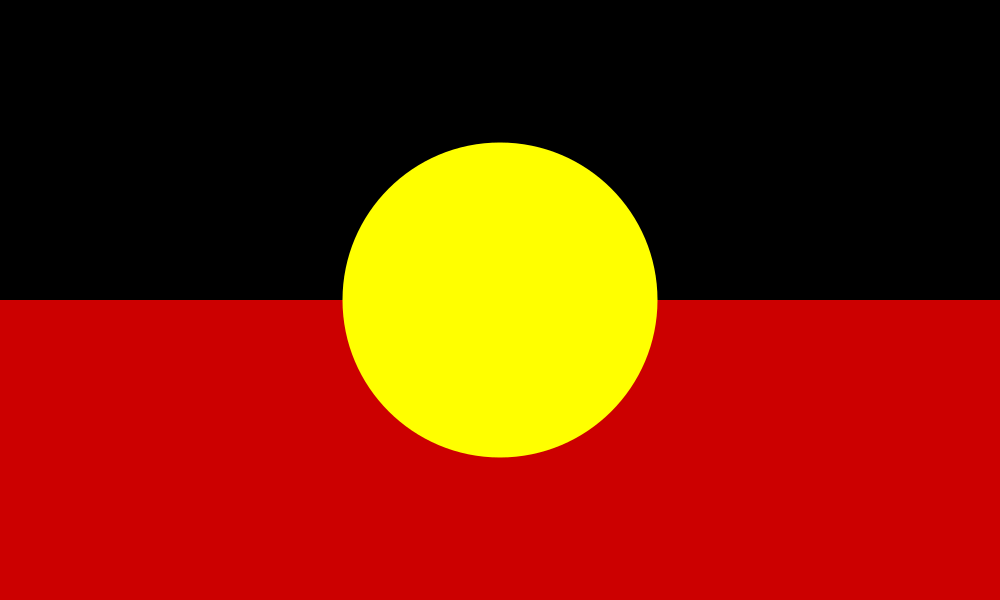Please note that this blog is archived and outdated. For the most current information click here!
Insights on the Future of Innovation
If you missed it, we recently attended the 2023 BiiG Festival - Innovation for Impact. This event brought together a diverse range of professionals to share their ideas on how innovation can lead to positive social impact. It was a multi-day event filled with panels, presentations, and break-out sessions.
We were thrilled to be attending this event and soaking up insights from keynote speakers and experts in both the public and private sectors. With major changes looming for Queensland, including the Olympics in 2032, it's more important than ever to understand the big picture of social and economic change, climate, culture, and politics to direct innovation for impact.
Diversity and inclusion were also key themes throughout the conference, as it's critical to make innovation accessible to everyone regardless of their location. So far, some of the key takeaways from the conference include the opportunity to drive digital production through open-source code and skilling opportunities, the need to address misinformation, the lag of government services behind the private sector, and the question of redefining trust for technology and innovation.
The conference speakers were incredible, including Dr Catriona Wallace, Nicholas Davis, Cle-Anne Gabriel, Mike Kaiser, Hailey Brown, Sarah Mak, Fleur Anderson, Elise Parups and many more.
Responsible technology and AI
Dr Catriona Wallace discussed responsible tech in 2023, focusing on the role of data and pattern-making in artificial intelligence (AI). She argued that First Nations people were the first creators of patterns and thus leaders in this field. Wallace also talked about the risks associated with the rapid pace of technological change, including the rise of the metaverse and generative AI. She emphasised the need for everyone to start learning about innovation, customers, markets, and technologies to stay informed and keep up with the times.
Setting the scene
As the Olympics in 2032 is fast approaching, Queensland faces big transitions in the economy, learning, work, energy, health and wellbeing sectors. But what impact will this have on the bigger picture in Queensland. This is what this panel focused on during Day 3.
Cle-Anne Gabriel identified three inflection points in history: the tech revolution, the industrial revolution, and the great reset of the COVID era. She spoke about the need for a shift in the way we work and the acceleration of activism, as well as the importance of clarifying and simplifying information to better understand what the world wants from us.
Mike Kaiser emphasised the divergence between the private and public sectors' online products and the need for productivity in the face of shrinking skill sets. He also noted a shift in energy among people to lay claim to what they want, and the importance of economic transition in regional areas.
Nicholas Davis stressed the need for privacy and tech regulation and emphasised the importance of authentic and true information. He cited the work of Mariana Francesca Mazzucato on the mechanism and responsibility of government. Davis also talked about context mapping and the best way to predict the future; which is to create it.
Futuristic technology, inclusive innovation and humanity
To end the conference we heard an inspiring talk given by Dr Jordan Nguyen. We were blown away by his passion for creating technology that is inclusive for all. His talk was filled with exciting examples of how technology is transforming our world, and it was clear that Dr Nguyen is at the forefront of this revolution.
Through his work in biomedical engineering, Dr Nguyen has seen firsthand the incredible advancements being made in science and technology. From genetics research to 3D printed houses to flying cars and new energy systems, he has witnessed the amazing potential of technology to improve our lives.
But what really stood out to us was his work through his social business, Psykinetic. By using cutting-edge technology like AI, robotics, and extended reality, Dr Nguyen is creating innovative solutions for disability and aged care that is truly life-altering. His approach is truly inspiring, and it shows that technology can be used for good, making the world a better place for everyone.
Dr Nguyen's talk was an incredible reminder of the power of collaboration and the importance of taking action to make a positive change in the world. His ideas and insights sparked new ideas for us, and we left feeling inspired to take action and make a difference without our own community.
In summary
Overall, the 2023 BiiG Festival provided valuable insights into innovation, technology, and its impacts on society. The speakers touched on a range of topics, from the importance of customer-centric innovation to the risks associated with rapid technological change. The event was a reminder of the need for ongoing learning, skilling, and adaptation to keep up with the times and drive positive change. Plus, we met some really cool people that we are keen to catch up with in the future. A big thanks to the BiiG conference organisers for having us.






